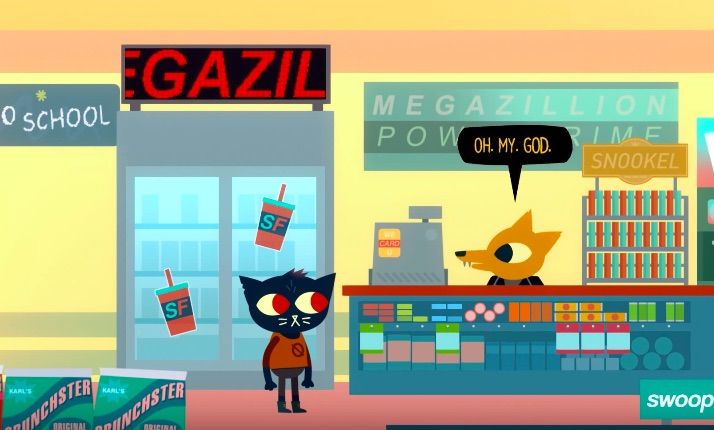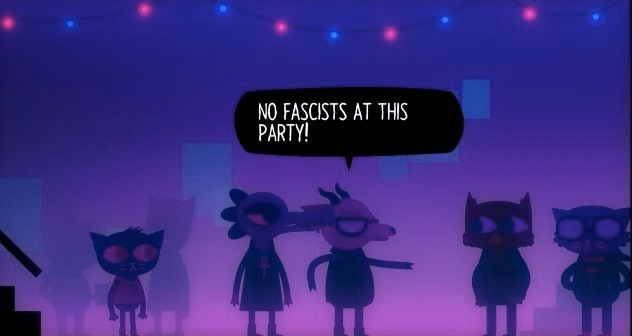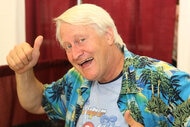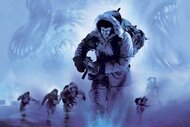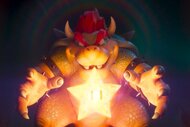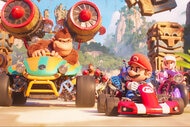Create a free profile to get unlimited access to exclusive videos, sweepstakes, and more!
Night in the Woods mixes memes, depression, and positive queer representation
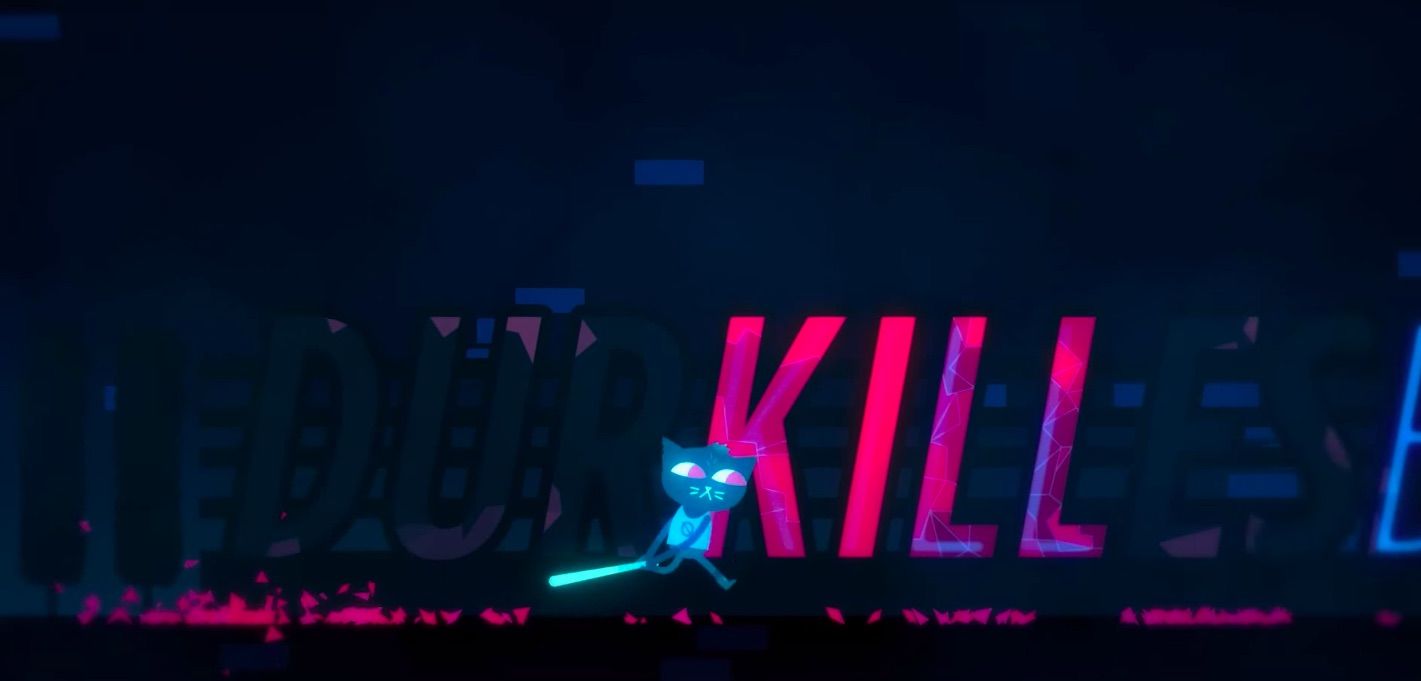
If you didn't know, June is both Gaming Month and Pride Month. That means video games are gay now, you heard it here first. I don’t make the rules.
As someone who’s very much gay and spends most of my life playing video games, it feels like a perfect time for me to dig into my collection and replay some of my favorite games with good relatable queer characters. One of my favorites is Night in the Woods, an indie game about being a depressed millennial young adult coming to terms with their own identity. I can’t deny, that’s a pretty big mood.
Night in the Woods is a side-scrolling narrative adventure game in which you play as Mae Borowski, a 20-year-old college dropout/anthropomorphic cat girl reluctantly moving back to her tiny suburban home town to live in her parent’s attic. While the game’s surface plot centers around mysterious potentially supernatural disappearances occurring in Possum Springs, it’s much more a story about Mae coming to terms with how her hometown, the people she knew, and she herself have changed in the time she has been away.
Mae feels like a very real and relatable queer young adult living with depression and potentially an undiagnosed mental health condition, and the game portrays her as just one of several examples of a queer character, even in such a tiny rural town.
The first hints at Mae’s sexuality in Night in the Woods come as a result of her being asked about her ideal date. She initially uses a neutral “they” pronoun to refer to their ideal date, before later elaborating that she would happily date men or women, so long as they had the right kind of personality.
While Mae never uses the term pansexual in game, its creator, Scott Benson, explained that while Mae has not personally known that term, it’s likely the one she would choose. Mae certainly self-identifies as queer, and a couple of times in the game goes out of her way not to be excluded from the narratives of other types of queer people in the town.
Mae’s sexuality isn’t a secret to herself, but it does appear to be a secret to her religious, church receptionist mother, who consistently makes comments about Mae settling down one day with a boy to have children, which imply she either does not know about her sexuality, or is disregarding it as a phase. Either way, her mother’s lack of support for her sexuality very much is a factor in the worsening of her other ongoing mental health issues.
Where many other games with queer protagonists are happy with their one queer character, Night in the Woods surrounds Mae with a supportive group of friends who are largely queer, or at the very least part of other groups who fall into the fringes of life in this small conservative town.
Her closest friends, with whom she spends most of the game, are Bea the chain-smoking goth crocodile, Greg the hyperactive anarchist fox, and Greg’s boyfriend Angus, a calm and reserved but thoughtful bear. They have varying levels of energy dedicated to working out what their futures will hold, and just kind of spend time together writing music about how they are happy to eventually die, so long as they die somewhere far away having lived an eventful life.The general malaise towards the state of the world and flirtation with light-hearted acknowledgment of how bad their own prospects look feels incredibly timely, even a few years after its initial 2017 release. It’s that very specific brand of "if you don't laugh, you'll cry" because it’s too depressing to stop and take things seriously — a common thread in queer, depressed, young adult culture right now, and it’s written in a way that feels moving and authentic. They’re just a group of social outcasts trying to have a bit of a laugh at their slightly dead-end situation, and the queer energy the group radiates warms my heart.
The aforementioned Greg and Angus are the only openly gay couple depicted in Possum Springs, and their identity as the town’s only queer couple has very much become a part of how they see themselves. As a result, at one point in the game, they offhandedly refer to themselves as the town’s only two queer people around Mae. While it’s a little sucky to see these two characters slightly disregard Mae’s queer identity, watching herself stand up for herself in spite of not currently being in a relationship with a same-sex partner and her friends apologize in response is a really empowering thing to see.
Additionally, Night in the Woods features a character named Jackie, who I would seriously love to sit and have a drink with, she’s totally my kind of person. Jackie is a trans woman, anti-fascist, and very strongly believes that Nazis should be punched in the face if that’s what it takes to get them to go away. She's rad.
In the original release of Night in the Woods, Jackie was never canonically confirmed as trans by any of the in-game text. This was apparently an oversight by the creator, who accidentally removed too much text during the editing of the game and failed to notice they had edited out her trans status entirely. In the game’s free Weird Autumn update, which added additional content, we got a far more direct in-game confirmation of Jackie’s trans status.During Night in the Woods' roughly nine-hour playthrough time, the game treats all of its queer characters with respect, puts them front and center in the narrative without making the narrative explicitly about those aspects of their identity, while telling a really interesting and complex story about how things change over time. The game requires very little in the way of gaming skill to complete as it’s a lot of walking around and interacting with the world, but it has a consistent depressed queer millennial energy running through it that is constantly endearing and well worth revising.
The views and opinions expressed in this article are the author's, and do not necessarily reflect those of SYFY WIRE, SYFY, or NBC Universal.
